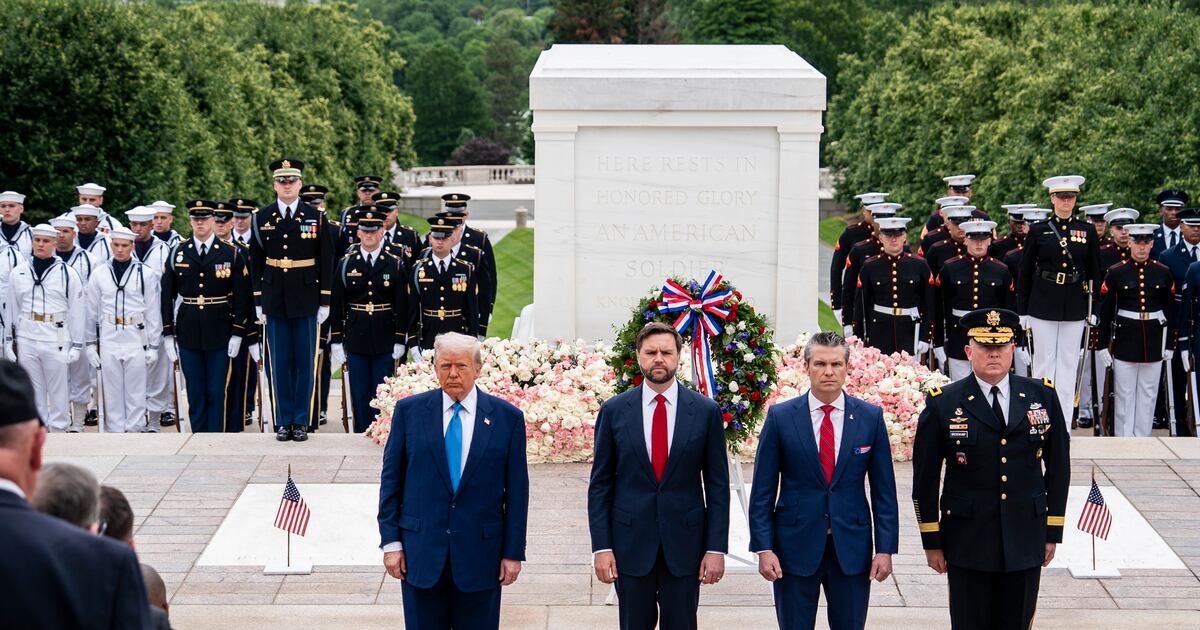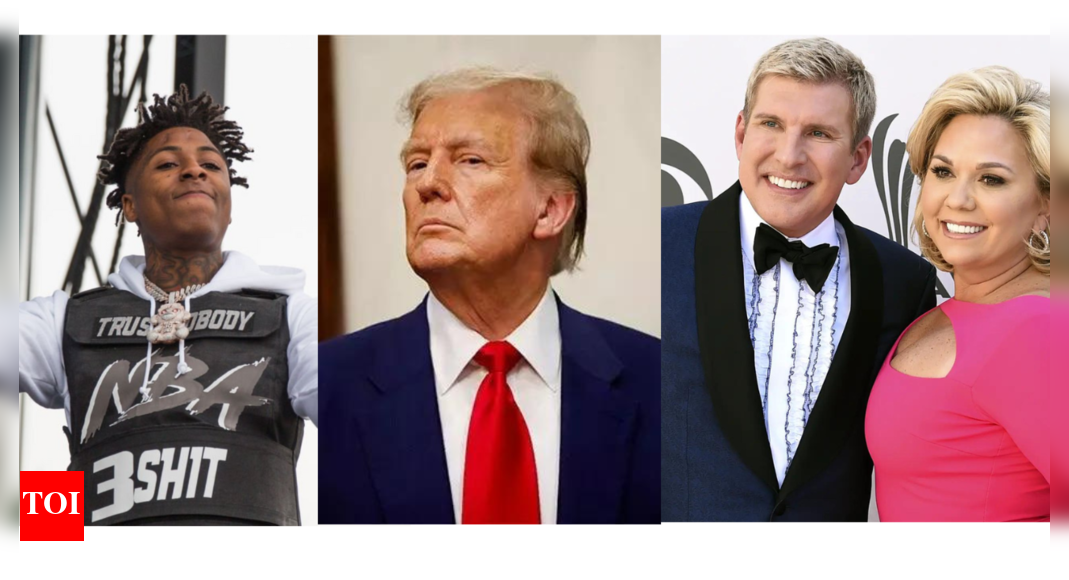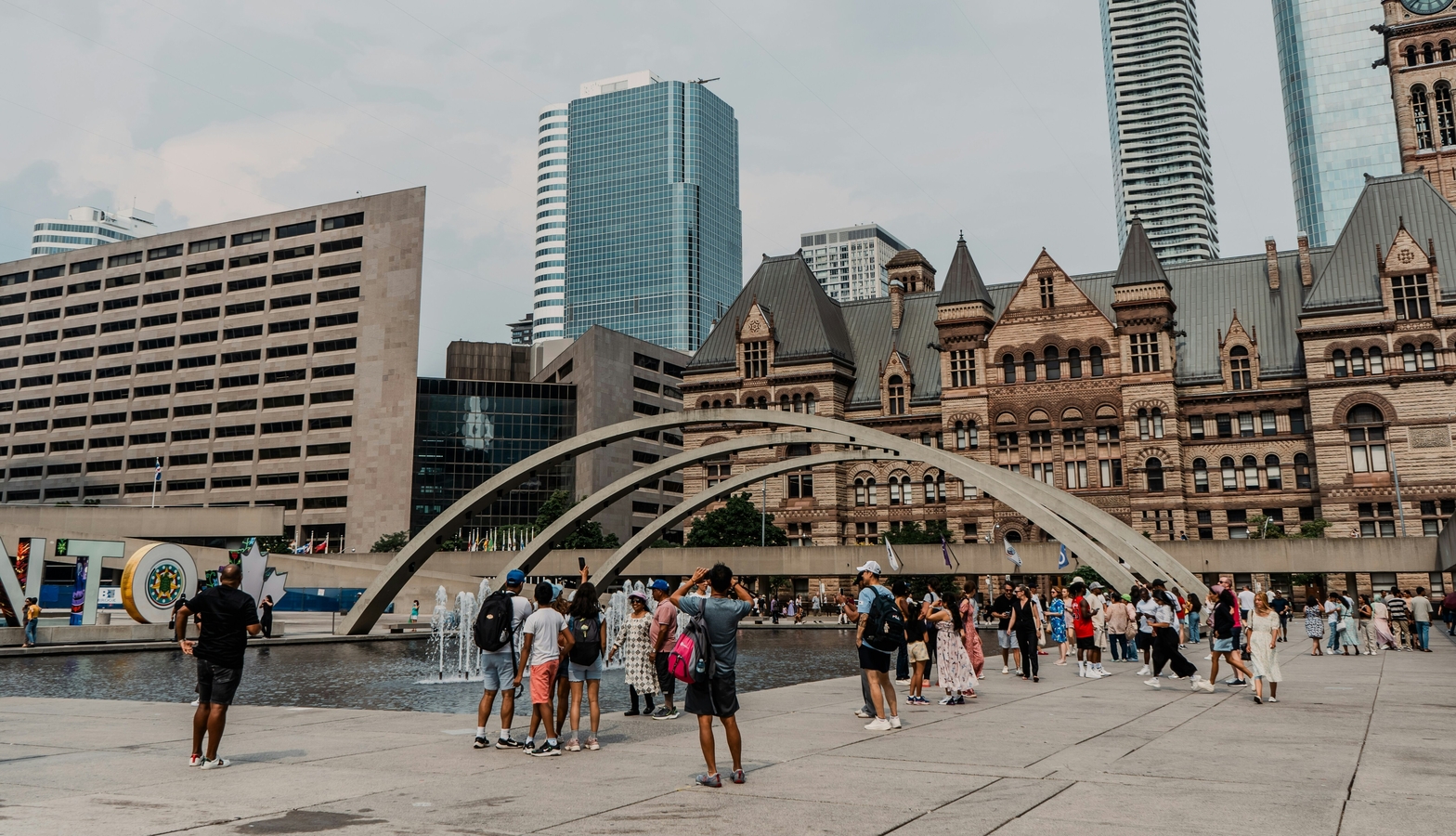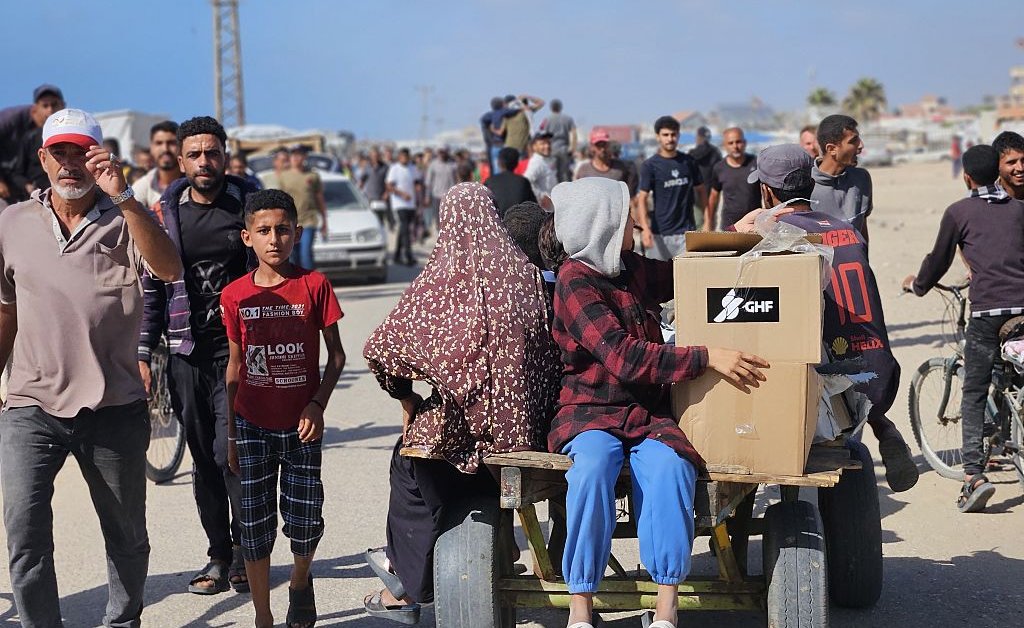If social media posts tell a tale, then US president Donald Trump woke up on Memorial Day morning in a foul mood.
Little wonder. His golfing weekend had been destroyed by updates about the three-day bombardment of Ukraine by Russia, killing at least 12 people and making a mockery of the two hours Trump had spent on the phone with Vladimir Putin last week, leading him to predict that the Russian president is “ready to end it”.
“Yeah, I’ll give you an update,” Trump told the White House press pool waiting at the airport in Morristown, New Jersey on Monday morning when asked about his Sunday evening post, in which he said that the Russian leader had gone “absolutely crazy”.
“I’m not happy with what Putin’s doing. He’s killing a lot of people. And I don’t know what the hell’s happened to Putin. I’ve known him a long time. Always gotten along with him. But he’s sending rockets into cities and killing people and I don’t like it at all. Okay? We’re in the middle of talking and he is sending rockets into Kyiv and other cities. He’s killing a lot of people. I’m not happy about that.”
By then, the White House press staff had probably broken the news to the president of the casual insolence of the Russian response, with Kremlin spokesman Dmitry Peskov making vague but pointed allusions to “everyone’s emotional overload and emotional reaction” to their latest attacks. Suddenly, Trump’s election promise to restore peace at the Russia-Ukraine borders on day one seemed further away than ever. Privately, Trump must have started to dwell on the truth that Putin has been stalling and humouring him for months now, dangling before the American president vague utterances about a wish to end the conflict.
[ US economy fast becoming Trump’s Achilles’ heelOpens in new window ]
Putin has always had the advantage of knowing just how keen Trump is to be recorded as the broker of a peace deal. Now, Volodymyr Zelenskiy’s persistent warnings that his nemesis was acting and speaking in bad faith were unavoidable.
Meanwhile, the carnage that Israel‘s prime minister Binyamin Netanyahu has delivered on civilians in Gaza has caused deepening international condemnation and revulsion. Netanyahu made sure he was the first international statesman to visit the White House in February, giving a Cheshire Cat smile as Trump spoke about reimagining the ruined and bombed-out Palestinian homestead as a luxury beach resort. He then left and continued to act with the same impunity and indifference he demonstrated during the last year of the Biden administration.
So, with the international stage looking distinctly complex and unpromising, Trump had to turn to domestic matters for comfort. His Memorial Day blessing to the United States mirrored his Easter wishes in that it opened with a blistering assault on the wrongs he is trying to put right.
‘Happy Memorial Day to all, including the scum that spent the last four years trying to destroy our country through warped radical left minds who allowed 21 million people to illegally enter our country, many of them being criminals and the mentally insane, through an open border that only an incompetent president would approve, and through judges who are on a mission to keep murderers, drug dealers, rapists, gang members, and released prisoners from all over the world on our country so they can rob, murder and rape again.”
At the wreath laying ceremony in Arlington Cemetery that morning, president Trump was accompanied by his vice-president, JD Vance and his defence secretary, Pete Hegseth. All three men spoke.
Memorial Day is a public holiday held in reverential regard across the United States, and particularly in Washington DC, where national monuments like the Vietnam Wall draw scores of veterans and family members.
In Arlington, Trump spoke with restraint and in detail of those Americans killed in action and offered a vivid portrait of several military people killed in combat. He spoke of Corporal Ryan McGee from Fredericksburg, Virginia, who had completed three tours of Afghanistan by the time he was deployed to Iraq and killed in a firefight there at the age of 21. He is buried in Section 60 of Arlington. Trump spoke to McGee’s mother, Sherry. “All of America shares in your grief and, more importantly, we share in your pride in your wonderful son.”
He noted that 250 years have passed since the first “patriots fell in the field of battle”.
“Their valour gave us the freest, greatest and most noble Republic ever to exist on the face of the earth; a Republic that I am fixing after a long and hard four years,” he told the guests.
“Who would let that happen? People pouring through our borders unchecked; people who are doing things that are indescribable and not for today to discuss.”
It was a revelatory paragraph, as Trump once again sought to prosecute an argument that he won in the presidential election last November. The plummeting border numbers have been the outstanding success of his first six months in office. But virtually everything else, from the tariffs to the controversial deportation practices of ICE to the rumblings of Republican unease on Capitol Hill at the final cost of the “big beautiful bill”, has been cumbersome and frustrating. So as he spoke, Trump sought to cheer himself up by forecasting the significant events that will take place in 2026 for the 250th, or semiquincentennial, anniversary of the United States.
“We are gonna have a big celebration, as you know. In some ways I’m glad I missed that second term when it was because- I wouldn’t be your president. Most important of all, in addition, we have the World Cup and the Olympics. Can you imagine? I missed those four years. And now look what I have: I have everything. Amazing the way things work out. God did that. I believe that, too.”
Trump has brought such a torrential salesman patter to his political career that even his staunchest allies smile and warn the public not to take what he says literally. But he has always sounded as his most convincing and sincere when he has spoken about his dislike of war, including when he has spoken of the tens of thousands killed along the battle lines of Ukraine and Russia, a scenario which he has described in vivid detail. He has been less graphic about the appalling scenes in Gaza. But his comment on that conflict signalled a possible shift in his thinking, also.
“Israel, we’ve been talking to them, and we want to see if we can stop that whole situation as quickly as possible.”
As he stood in the sombre majesty of Arlington cemetery, Trump had to reckon with the latest proof of the utter intransigency and cynicism of Putin and Netanyahu, two men whose measure and respect he believed he owned. The question as to whether he has the fortitude to persevere and do everything in his power to broker an end to the deaths will soon need an answer.
But on Memorial Day, Trump’s summer was shaping up to be one of discontent.



